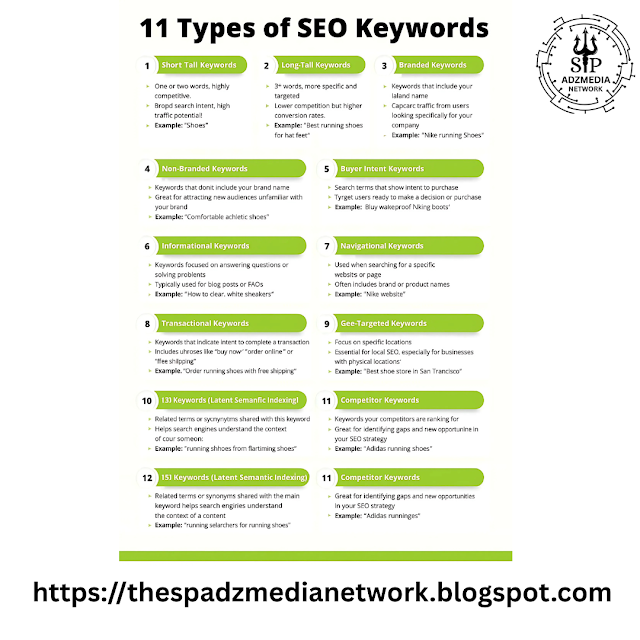What Is Keyword Research in SEO?
What Is Keyword Research in SEO?
Understanding the Core of Keyword Research.
Everyone knows that SEO helps businesses fetch traffic from search engines. Keyword research in SEO is the first thing digital marketers do. Different people search the internet using different prerequisite words and phrases. These keywords can help shape the content to be developed, optimize visibility, and build the intended audience.
Knowing what your target audience’ search is, enables to create content that reinforces answers. Internal website rankings improves along with organic traffic.
Why Is Keyword Research Important?
The Audience’s language is another benefit that comes with keyword research. It unveils user specific intents, demands, and content gaps. Market demand, competition, and other queries are easy when keyword research is done through targeting the right keywords.
SEO performance is set to improve along the raise of click-through rates and drive more conversions at the same time. As useful as keywords are, ignoring them can result in insufficient user engagement and unwanted website traffic.
Types of Keywords in SEO
Short-Tail Keywords
They can also be called as ‘headkeywords’. These keywords are generic such as “laptop” or “marketing”.
* **High search volume**
* **High competition**
* **Lower conversion rate**
Long-Tail Keywords
It occurs in more specific phrases such as “best budget laptops under 50,000 in India”.
* **Lower search volume**
* **Low competition**
* **Higher conversion rate**
Exact Match Keywords
The keyword and the user’s search query are identical.
* Useful for PPC campaigns
* More likely to convert
Phrase Match Keywords
In this one, the search query has the exact keyword phrase but with additional words affixed to it.
* Great for targeting variations
* Broadens your reach
Broad Match Keywords
They include a keyword and all its combinations and variations.
* Generates wider impressions
* May reduce precision
Branded Keywords
Keywords containing the name of the brand such as “Nike shoes”.
* High conversion potential
* Important for brand reputation
Non-Branded Keywords
This category consists of generic terms which do not contain a brand name.
* Helps drive discovery traffic
* It is vital for SEO enhancement
Keywords Of Information
These are applied when users search for certain informative texts such as “how to lose weight”.
* Perfect for postings and informative documents.
Keywords Of Navigation
These are used when users try to search for specific brands or websites like “facebook login”.
* Shows some degree of loyalty or brand awareness.
Keywords Of Transaction
These are used by the users who intend to purchase things, for example “buy iphone 14 online”.
* Guides sales-oriented content.
LSI Keywords (Latent Semantic Indexing
These refer to semantically associated terms. For instance, lsi keywords for “digital marketing” can include “seo”, “content strategy”, or “social media.”
How to do effective keyword research
Use trusted SEO Tools
Tools for SEO help find possible keywords and analyze their competition alongside exploring their search intent.
Here's List of the best keyword research tools for the year 2025
Google Keyword Planner
A tool that is free for checking volume and trends of particular keywords alongside their competition.
Ahrefs
Lisr of their services includes an advanced sdo tools that comes with a keyword explorer, with difficulty metrics as well.
SEMrush
Provides services on keyword gap analysis. Has search intent as well as trending queries tools too.
Ubersuggest
Enhances learning for newcomers by displaying the volume if keywords, their seodifficulty, and even suggests topics.
Moz Keyword Explorer
Offers a suggestion for keywords and analyzes SERP for them.
AnswerThePublic
Also, finds long-tail question based keywords which can be used for FAQs and blogs.
KeywordTool.io
Gathers keyword suggestions from Google, YouTube, Bing, Amazon and many more.
Steps To Perform A Keyword Research
Think Of Appropriate Topics
Think of terms that your audience will search for.
Employ Methods To Further Expand On Keyword Concepts
Look for their variations, questions related to them, and comparisons.
Examine The Search Volume & The Difficulty It Poses
Go for the keywords that are highly relevant and provide good traction with low competition.
Check The Users Intention
Ensure that what is offered is aligned with what users expects to find.
Allocate The Keywords To The Content Types
Use the informational keywords for blogs and use the transactional ones for the landing pages.
Best Practices for Keyword Uses
* Make sure to add primary keywords to titles, meta descriptions, and URLs.
* Mention related keywords and synonyms in a natural manner throughout the content.
* Avoid excessive use of keywords. Prioritize the user experience.
* Use internal links and anchor text that has keywords.
* With new information, change your strategy for keywords regularly.
Things Not to Do
* Only using short-tail keywords.
* Not paying attention to the purpose of the search.
* Using low-return high-competition keywords.
* Not researching the competition.
* Not optimizing for longer-tail keyword phrases.
Why Smart Keyword Research is Effective
* Improves the quality of site visitors and therefore traffic because the right audience is directed to the business.
* Enhances the level of interaction with the website and time spent within it.
* Increases position in search results pages.
* Improves the plan for promoting content.
* Raises the power of the brand in the industry.
Final Thoughts
Keyword research is an important process to get right as it serves as the backbone of your SEO efforts. Once done properly, quality content that ranks, attracts, and converts can be created. Almost every business can benefit from mastering the right set of keywords.



.png)



.png)
https://urviore.com/
ReplyDelete